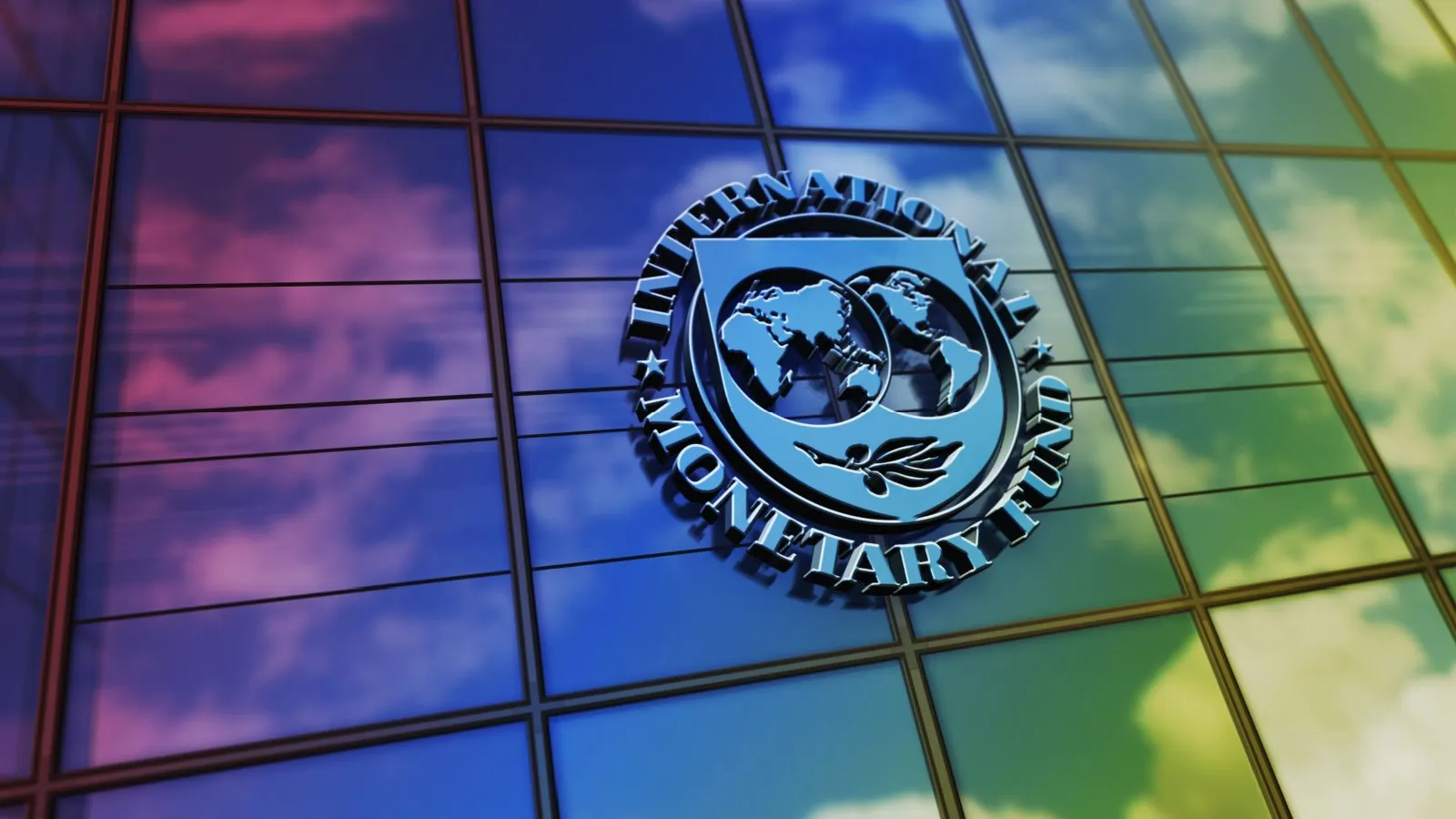The International Monetary Fund (IMF) is changing its tune on cryptocurrency. After suggesting other countries consider banning crypto, the agency now thinks that might be the wrong move.
On Thursday, IMF economists released a report examining cryptocurrency usage across Latin America and the Caribbean. Acceptance has varied in the region with some countries, like El Salvador, being more open to adoption versus others that are more wary over the perceived risks involved. In their report, the economists leaned into a position closer to adopting cryptocurrencies, but within a well-regulated framework.
"While a few countries have completely banned crypto assets given their risks, this approach may not be effective in the long run," the economists said in the report's conclusion.
This is a swift change from the IMF, which just months earlier said in another report that countries should consider banning cryptocurrencies. That view was held by a handful of directors on its board, but the consensus even then leaned towards better regulations over a ban.
In yesterday’s report, IMF economists said that cryptocurrency offered a number of benefits to its adopters. They wrote that crypto offered protection against macroeconomic uncertainty, promoted financial inclusion, and faster payments among other benefits.
They also offered an analysis of recent efforts in Latin America to develop central bank digital currencies (CBDCs).
In a survey shared with officials across the region, the IMF found that half of the respondents said they were considering both retail and institutional CBDC options. What they also saw in CBDCs was a way to promote resilience in communities vulnerable to natural disasters, and create a way to boost financial inclusions in more remote ones.
Most Latin American countries are still in the research stage for CBDCs, the IMF wrote, but others have progressed to the experimental stage. The largest is Brazil, the region's economic powerhouse. It’s been examining a CBDC since 2020 and has plans to launch one in 2024.
The IMF also pointed out difficulties in integrating cryptocurrencies into their economies.
In Argentina, the central bank clamped down on crypto in May by banning payment platforms from offering it to customers in the country. Even in El Salvador, which granted legal tender to Bitcoin as a way to settle transactions, the IMF found that it was struggling to become more widely used.

